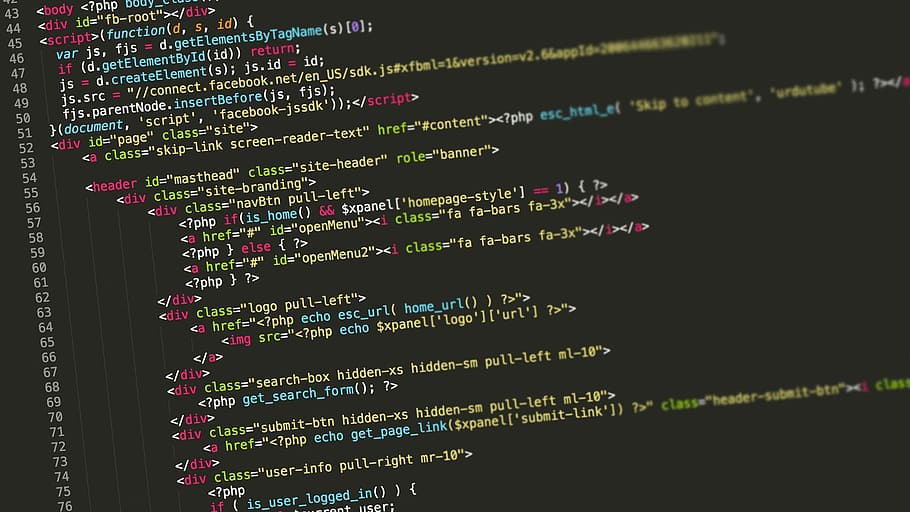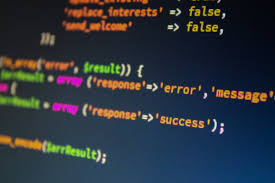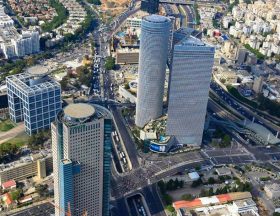The non-profit organization Tsofen aims to increase Arab participation in the high-tech sector. She partnered with Arab local government leaders to establish a five-year NIS 800 million plan to increase the number of Arab engineers to 20,000 within five years.
If the government agrees to fund the project, the investment could increase Israel’s GDP by some NIS 5 billion by mobilizing Arab citizens, who are under-represented in Israel’s tech sector.
The idea is that the government disburses the money and that the local authorities, in collaboration with the ministries, schools and universities concerned, make it grow.
Sam Saadi, leader of Tsofen, wants to increase the number of Arab engineers from 8,000 to 20,000, and increase the average salary per household in the Arab sector from NIS 10,912 to NIS 17,000 in five years.
The foundations of the program are as follows:
– Develop human capital to increase the supply of highly qualified employees in the technology sector strengthen integration by creating an ecosystem favorable to networks and events, in close collaboration with Arab regional authorities.
– According to Saadi, two issues must be addressed to make this plan a reality. The first is preparing high school students for technological studies. In fact, more than half of high school “math” students don’t know what a job in the high-tech sector entails because they are unfamiliar with the tech ecosystem and the startup world.
On the other hand, beyond scientific and mathematical skills, technological activity requires knowledge of Hebrew, English but also experience in the management of social networks or in the management of projects and team.
The Deloitte report revealed the obvious shortcomings that currently burden Arab schoolchildren. Thus the government budget allocated to Arab students is 39% lower than that of Israeli Jewish students in high schools and the Arab sector lacks 6,000 classrooms and 140,000 computers, with insufficient access to the Internet and 4G.
Arab students are also under-represented in university engineering science programs, although their numbers have doubled in recent years. However, the dropout rate before graduation remains very high at 49%, compared to 20% for their Jewish counterparts.
Likewise, 42% of those who complete their STEM degree cannot find employment in their field compared to 20% of Jews.
The program therefore calls for investing in the education system, encouraging students and inducing technology companies to employ more Arabs, with the creation of industrial parks to promote entrepreneurship and employment opportunities in Arab towns.
This project is all the more important given that Israel’s tech industry, the engine of economic growth, faces a shortage of 18,000 skilled engineers and programmers. High-tech companies operating in Israel are beginning to recognize the value of employing Arab graduates and opening offices and factories in Arab cities, including Amdocs, Microsoft, and Broadcom, which have established local operations in Nazareth.
Getting the government to approve the plan’s budget, amid the coronavirus and political instability, will not be easy, Saadi admitted.
“Due to political issues, we will employ someone who has experience in promoting programs in front of the government,” he said. “We will not give up. “
Source Times of Israel










